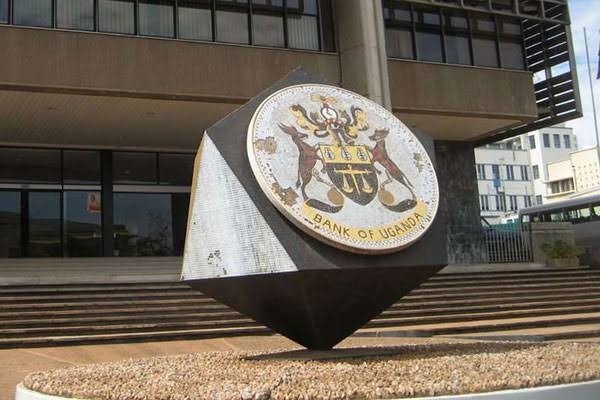NEW YORK, May 29, 2025 – A federal court in the United States has issued a sweeping decision halting President Donald Trump’s blanket tariffs on foreign imports, ruling that he overstepped his authority. The Court of International Trade in Manhattan found that the emergency law used by the White House does not grant the president the power to impose tariffs on virtually every country. Instead, judges said the U.S. Constitution reserves that power exclusively for Congress, a ruling that strikes at the heart of Trump’s trade policy. Within minutes of the decision, the Trump administration filed an appeal.
The court has given the administration 10 days to begin the formal process of reversing the tariffs, though most were already suspended during ongoing talks. Also blocked were additional levies on imports from China, Mexico, and Canada that the administration had claimed were needed to stop drugs and illegal immigration. White House spokesperson Kush Desai defended the tariffs, calling trade deficits a “national emergency” and saying the ruling undermines presidential power in times of crisis. “It is not for unelected judges to decide how to properly address a national emergency,” Desai said.
The lawsuit was filed by the Liberty Justice Center on behalf of five small businesses, with support from 12 states including New York and Oregon. The plaintiffs, which include a wine importer and an educational supplies maker, argued the tariffs were unconstitutional and damaging to small enterprises. New York Attorney General Letitia James welcomed the court’s decision, calling the tariffs an unlawful tax hike that would have worsened inflation and hurt working families. “The law is clear—no president can unilaterally raise taxes,” she said.
Judges clarified that their decision does not apply to tariffs on cars, steel, or aluminum, which were enacted under a different legal framework. In their written opinion, the panel ruled that the emergency powers law cited—known as the International Emergency Economic Powers Act (IEEPA)—does not give the president authority to impose the kind of broad, retaliatory tariffs Trump ordered. “The Constitution isn’t a blank cheque,” they wrote, echoing growing concerns over executive overreach. The ruling invalidates the so-called “Liberation Day” tariffs that were introduced when Trump returned to the White House in January.
Financial markets welcomed the news, with U.S. stock futures rising sharply and Asian markets following suit. The dollar also gained strength against major currencies including the Japanese yen and Swiss franc, signaling investor relief. Economists said the decision brings a measure of stability after months of volatility driven by shifting trade policies. Some, like analyst Stephen Innes, described the ruling as a “pivot from strongman tariffs to institutional guardrails.”
For now, nothing changes at U.S. ports—tariffs remain in place until the appeals process is complete. Former U.S. Customs official John Leonard noted that even if the ruling is upheld, only then will Customs and Border Protection begin refunding tariffs already paid. Businesses hit hardest by the duties could receive compensation with interest, though that may take months. Steel and aluminum tariffs will stay untouched, at least for now.
Trump’s global tariff regime, launched on April 2, introduced a baseline 10% tariff on most countries, with much higher rates for nations like China and blocs such as the EU and UK. The policy sparked a wave of trade retaliation and economic uncertainty, with China responding by slapping U.S. goods with up to 125% in duties. After months of escalation, the two superpowers agreed to a truce, and tariffs dropped to 30% for Chinese goods and 10% for certain U.S. exports. Still, Trump has threatened new tariffs—most recently a 50% duty on all EU imports.
Though he has agreed to delay the EU deadline by another month, this court ruling could derail Trump’s broader trade plans. Without the legal authority to impose wide-ranging tariffs, the administration may be forced to work with Congress or pursue narrower, slower negotiations. The decision has also re-energized debates about the limits of presidential power in economic affairs. As the appeal heads to higher courts, the battle over who controls U.S. trade policy is just getting started.






